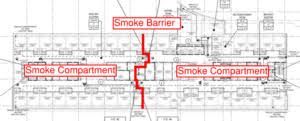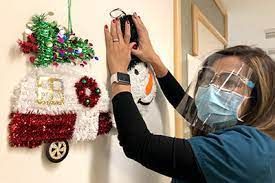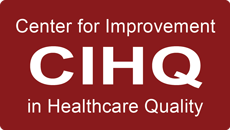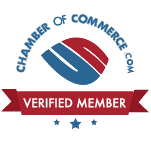Life Safety 101: Think You are Up to Code?

Life Safety 101: Think You are Up to Code?
NFPA 101 is a set of standards developed to ensure that safety of patients, visitors, and staff in a variety of facilities including healthcare. The National Fire Protection Association (NFPA) established these standards to provide guidance for healthcare organizations to maintain a safe environment.
The following are some of the key components make of the NFPA 101 Life Safety Code:
- Means of Egress
- Fire Protection Systems
- Building Construction and Fire Resistance
- Specialized Areas
- Emergency Preparedness and Response
- Accessibility
- Occupation Classification
Developing acceptable means of egress should be incorporated into the original design plans of healthcare facilities. Considerations should include dimensions and evacuation routes relative to corridors, exit doors, ramps, stairways, and elevators. Planning and design of facilities should help to ensure safety and efficiency of evacuation during emergencies.
Healthcare facilities are required to install and maintain fire protection systems inclusive of alarm sprinkler, and smoke detection systems in addition to fire extinguishers. Early detection is the key to minimizing injury, reducing the risk of property damage, and preventing catastrophic events. Additional considerations need to be made for emergency procedures, medical gas and electrical safety in specialized areas including but not limited to surgical suites, imaging departments and laboratories.
NFPA Life Safety Code 101 emphasizes the importance of emergency response and preparedness for healthcare facilities. Key components of being prepared and having a sound response plan should include a comprehensive emergency response plan. Elements of the plan would include protocols for conducting fire drills, evacuation, sheltering in place and medical response under emergent conditions.
Accessibility needs must also be considered under this standard. Provisions must be made for individuals with disabilities such as mobility and hearing impairment or other special needs. Different requirements are in place based upon the type of healthcare occupancy. Each type of healthcare occupancy must adhere to special considerations as outlined by the NFPA.
Adherence to NFPA Life Safety 101 standards is critical. Accredited facilities/organizations are required to comply with these standards to ensure a safe environment for patients, staff, and visitors. Careful adherence to these standards requires commitment and dedication including routine inspections, testing and maintenance.
HCE Global is Here to Help
Our HCE Global experts understand the challenge that healthcare facilities are facing today. We are here to help. Using a customizable approach, we will help you navigate through even the toughest of challenges. We pride ourselves on helping our clients achieve and maintain a status of excellence in the healthcare industry.
Be sure to browse Our Website for a full list of services we provide.
Contact us today at (800) 813-7117 to schedule a free consultation.





